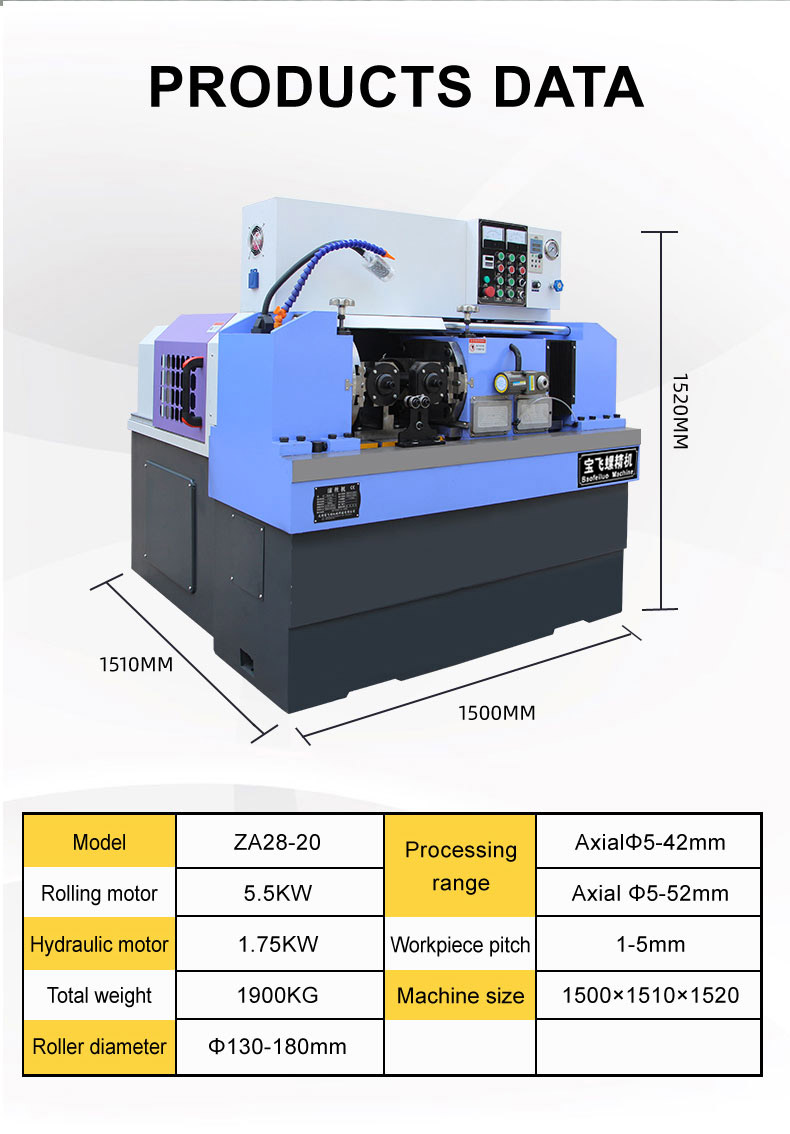
-
 Afrikaans
Afrikaans -
 Albanian
Albanian -
 Amharic
Amharic -
 Arabic
Arabic -
 Armenian
Armenian -
 Azerbaijani
Azerbaijani -
 Basque
Basque -
 Belarusian
Belarusian -
 Bengali
Bengali -
 Bosnian
Bosnian -
 Bulgarian
Bulgarian -
 Catalan
Catalan -
 Cebuano
Cebuano -
 Corsican
Corsican -
 Croatian
Croatian -
 Czech
Czech -
 Danish
Danish -
 Dutch
Dutch -
 English
English -
 Esperanto
Esperanto -
 Estonian
Estonian -
 Finnish
Finnish -
 French
French -
 Frisian
Frisian -
 Galician
Galician -
 Georgian
Georgian -
 German
German -
 Greek
Greek -
 Gujarati
Gujarati -
 Haitian Creole
Haitian Creole -
 hausa
hausa -
 hawaiian
hawaiian -
 Hebrew
Hebrew -
 Hindi
Hindi -
 Miao
Miao -
 Hungarian
Hungarian -
 Icelandic
Icelandic -
 igbo
igbo -
 Indonesian
Indonesian -
 irish
irish -
 Italian
Italian -
 Japanese
Japanese -
 Javanese
Javanese -
 Kannada
Kannada -
 kazakh
kazakh -
 Khmer
Khmer -
 Rwandese
Rwandese -
 Korean
Korean -
 Kurdish
Kurdish -
 Kyrgyz
Kyrgyz -
 Lao
Lao -
 Latin
Latin -
 Latvian
Latvian -
 Lithuanian
Lithuanian -
 Luxembourgish
Luxembourgish -
 Macedonian
Macedonian -
 Malgashi
Malgashi -
 Malay
Malay -
 Malayalam
Malayalam -
 Maltese
Maltese -
 Maori
Maori -
 Marathi
Marathi -
 Mongolian
Mongolian -
 Myanmar
Myanmar -
 Nepali
Nepali -
 Norwegian
Norwegian -
 Norwegian
Norwegian -
 Occitan
Occitan -
 Pashto
Pashto -
 Persian
Persian -
 Polish
Polish -
 Portuguese
Portuguese -
 Punjabi
Punjabi -
 Romanian
Romanian -
 Russian
Russian -
 Samoan
Samoan -
 Scottish Gaelic
Scottish Gaelic -
 Serbian
Serbian -
 Sesotho
Sesotho -
 Shona
Shona -
 Sindhi
Sindhi -
 Sinhala
Sinhala -
 Slovak
Slovak -
 Slovenian
Slovenian -
 Somali
Somali -
 Spanish
Spanish -
 Sundanese
Sundanese -
 Swahili
Swahili -
 Swedish
Swedish -
 Tagalog
Tagalog -
 Tajik
Tajik -
 Tamil
Tamil -
 Tatar
Tatar -
 Telugu
Telugu -
 Thai
Thai -
 Turkish
Turkish -
 Turkmen
Turkmen -
 Ukrainian
Ukrainian -
 Urdu
Urdu -
 Uighur
Uighur -
 Uzbek
Uzbek -
 Vietnamese
Vietnamese -
 Welsh
Welsh -
 Bantu
Bantu -
 Yiddish
Yiddish -
 Yoruba
Yoruba -
 Zulu
Zulu
Types of Thread Rolling Exporters | Comprehensive Guide
Understanding the Types of Thread Rolling Exporters
Thread rolling is a cold-forming process used to create threads on the surface of metal parts. This technique is widely employed in various industries, from automotive to aerospace, due to its ability to produce strong, precise threads with excellent surface finishes. As the demand for threaded components continues to grow globally, an increasing number of thread rolling exporters have emerged. In this article, we will explore the types of thread rolling exporters and their significance in the manufacturing ecosystem.
1. Custom Thread Rolling Exporters
Custom thread rolling exporters specialize in providing tailored solutions for unique requirements. These exporters work closely with clients to understand their specific needs, which can vary based on the application, material, or size of the threaded components. By investing in advanced technology and machinery, these exporters can produce non-standard threads or complex geometries required in specialized industries. This customization capability makes them invaluable partners for businesses looking for intricate designs.
2. Standard Thread Rolling Exporters
On the other hand, standard thread rolling exporters focus on mass production of commonly used threaded components. They typically stock a range of sizes and thread types that are frequently utilized across various industries. These exporters often operate on a larger scale, allowing them to achieve economies of scale and offer competitive pricing. Companies in need of high-volume orders can rely on these exporters for efficiency and timely delivery.
3. Innovative Thread Rolling Exporters
types of thread rolling exporters

Innovation is key in the modern manufacturing landscape, and some thread rolling exporters are at the forefront of implementing new technologies. These companies leverage advancements in automation, robotics, and artificial intelligence to enhance their production processes. By adopting innovative techniques, they can improve precision, reduce waste, and speed up production times. Businesses looking to partner with forward-thinking exporters can gain a significant competitive edge by utilizing state-of-the-art threaded components.
4. Eco-Friendly Thread Rolling Exporters
As sustainability becomes a paramount concern for many industries, eco-friendly thread rolling exporters are gaining traction. These exporters focus on implementing sustainable practices in their production processes, such as recycling materials and reducing energy consumption. They often seek to minimize their environmental footprint while delivering high-quality products. Collaborating with eco-conscious exporters can also help businesses meet their sustainability goals and appeal to environmentally aware consumers.
5. Global vs. Local Thread Rolling Exporters
When considering thread rolling exporters, companies must also weigh the benefits of global versus local options. Global exporters may offer lower prices and a wider variety of products but can pose challenges related to shipping times and logistics. In contrast, local exporters often provide faster turnaround times and easier communication, which can be advantageous for companies requiring prompt service.
Conclusion
In summary, the landscape of thread rolling exporters is diverse, featuring various types catering to different needs. From custom solutions to mass production, innovation, sustainability, and geographical considerations, businesses have options to explore. Understanding these different categories can help companies make informed decisions and choose the right partners for their threaded component needs. Thus, as industries continue to evolve, so too will the role of thread rolling exporters in supporting manufacturing and innovation.
